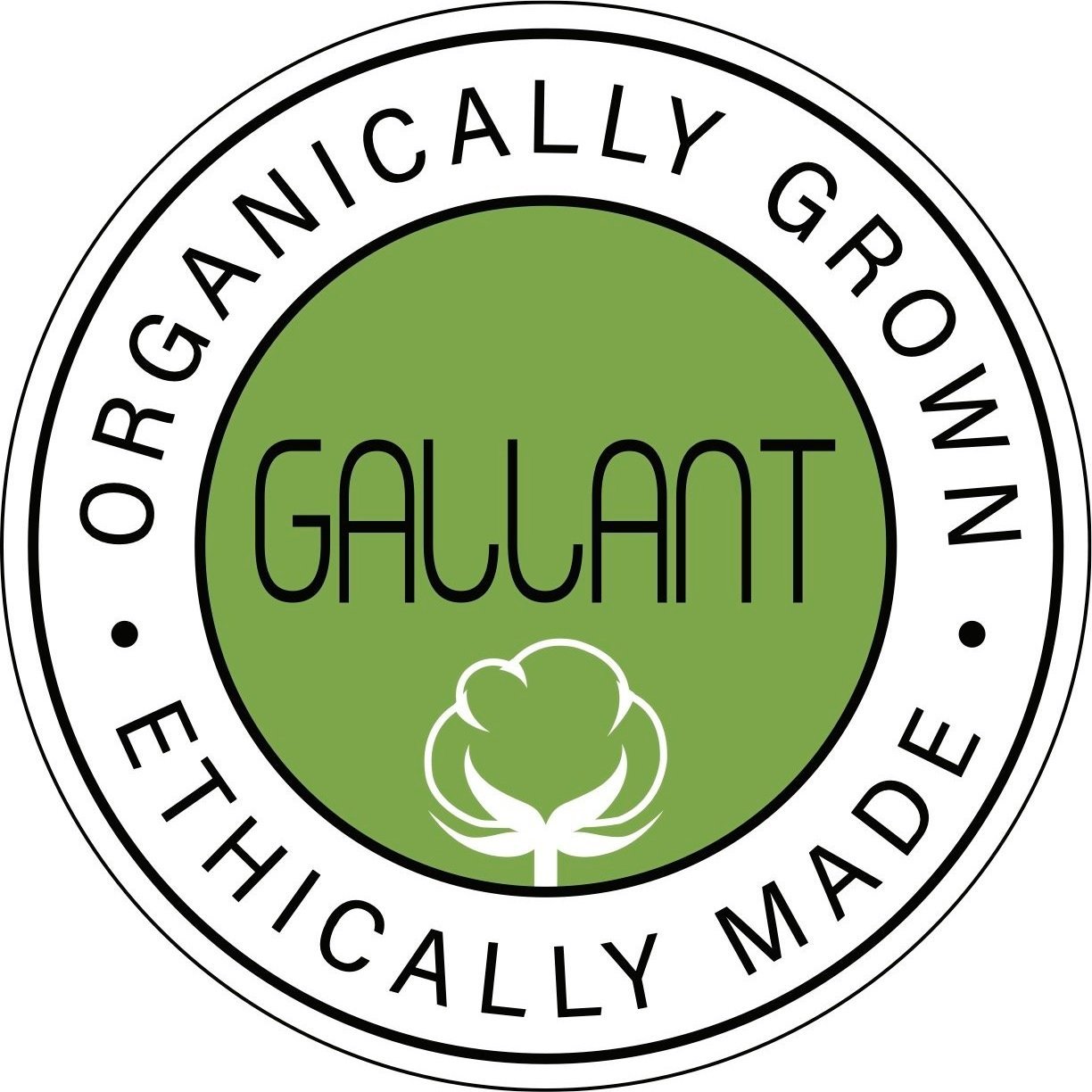Buying Organic Products Goes A Long Way
Table of Contents
Gone are the counterculture stereotypes against organic. Today, organic products are one of the fastest-growing segments across supermarket chains. They are becoming increasingly popular as shoppers pay more attention to what they consume— clean and healthy.
Organic products are made in a healthier method, without involving pesticides or other harmful substances. The rise in demand is increasing due to more ethical consumers, increased earnings in a thriving economy, and enhanced agricultural techniques that increase organic outputs.
The Admirable Organic Efforts
The resilience and worth of organic labels are strongly reliant on customer trust, which is why organic products are subjected to a more stringent health and safety evaluation than non-organic.
The organic label stands for the quality items, produced in an environmentally friendly manner that protects the planet, the growers and consumers. However, if organic consumption is to continue growing and benefit all consumers, certain difficulties and consumer uncertainty must be tackled. Many organizations, entrepreneurs, growers, academic institutions, and agro experts are striving worldwide to ensure the sustainability of organic labeling and its development. Here are some well-known firms and groups fighting the organic barriers to make organic mainstream:
The International Federation of Organic Agriculture Movements– IFOAM
The International Federation of Organic Agriculture Movements (IFOAM) facilitates organic trade and commerce, promotes agricultural sustainability, and strengthens the capacity building of organic players. The organization administers organic agricultural benchmarks and offers organic accreditation and certification services. IFOAM has around 800 affiliates in 117 countries working on the mission for a global implementation of ethical, environmental-friendly, and financially viable solutions based on organic agriculture values. Serving as an umbrella organization for organic practices all across the globe.
The Rodale Institute
The Rodale Institute works to disseminate the best practices in organic farming through research and partnerships. The organization conducts scientific studies and teaches community members about the importance and benefits of organic food.
Elevation Burger
Elevation Burger provides more sustainable menu alternatives to consumers through their restaurant chains. It is one of the first all-organic fast-food chains, working with agricultural producers to support herd certification for promoting the consumption of 100% grass-fed livestock.
Soil Association
The Soil Association is a UK-based NGO that advocates for compassionate, nutritious food, sustainable farming, and land management. The organization brings to light the close relationship between agricultural methods and the health of the plant and everyone (and everything) in it. Soil Association contributes to developing solutions that enable people to live, consume, cultivate, and prosper within the limits of the existing resources. They also work collaboratively with communities to build and stimulate trust in the organic market and increase consumer awareness of organic standards.
The International Society of Organic Agriculture Research– ISOFAR
The International Society of Organic Agriculture Research (ISOFAR) is a non-profit organization promoting organic agriculture through powerful research and studies. Facilitating international interaction, methodological improvement, education, and collaborative learning.
The Organic Consumers' Association
The Organic Consumers' Association represents about 2 million online and on-the-ground consumers who campaign for organic interests at all levels of governance. The platform engages consumers in community initiatives to safeguard the organic label's integrity.
Supporting Organic
The organic term is a phrase we are starting to hear almost everywhere. It's no surprise— organic living is not only good for your health, but it is also good for the environment.
Gallant International Inc., firmly stands on the belief that organic is the best way to do things. Our products are GOTS and Fairtrade Certified.
CEO of Chetna, Nanda Kumar (left) and CEO/Founder of Gallant, Vik Giri (right), examining organic cotton plants.
But what's the big reward about going organic? We've compiled below five unbeatable reasons:
No Pesticides & Toxic Chemicals
Organic farming relies on natural pest control measures to keep weeds and pests at bay rather than synthetic pesticides. Choosing organic is eliminating the risks of pesticide residues. The sustainable products from Gallant International are not only free from chemicals and synthetics but are also produced in fair trade certified factories. Buying organic is the best way to reduce the exposure risks to harmful substances.
Love for The environment
Organic agriculture ensures kindness to the environment. The common features of an organic farm include healthy grazing lands, crop outputs, and livestock. This is owing to sustainable farming techniques such as rotational grazing, the absence of pesticides, and the use of significantly less fertilizer. Plus, these practices are beneficial to groundwater, which directly impacts human health. Investing in organic goods is helping in the conservation of nature, including a clean and safe water supply.
Higher Nutrient Intake
Organically cultivated products provide more minerals and vitamins than conventionally grown ingredients. They offer significantly higher quantities of antioxidants and other health-benefiting elements that promote wellness.
Support Local Farmers
Organic farming helps local farmers while also protecting their environment from hazardous chemicals. Organic farms face massive challenges in the United States, resulting in an uneven balance compared to large industrial farmlands. Out of the 2.02 million farms (approx.), only 16,585 are certified organic farms. The more we support organic farmers and their products, the more we will be able to do things the organic way.
GMO-Free
The organic choice is how you can ensure GMO-free consumption. GMO or genetically modified organisms signifies that the product involves an artificial combination of genes. This is unnatural— not how our ancestors produced and consumed. Today, GMOs are grown in about 88% of all cotton plantations, and around 75% of processed foods.
If you're new to organic farming and interested in knowing more, reading about the background of organic farming can help you better understand the history, importance, and benefits. The Gardener's A-Z Guide to Growing Organic Food, The Rodale Book of Composting: Easy Methods for Every Gardener, Eco-Farm, An Acres U.S.A. Primer — these books are all excellent places to start.

